Understanding the Future of Manufacturing: Innovations in Plastic Injection Tooling Technology
As we delve into the future of manufacturing, particularly in the realm of plastic injection tooling, it is imperative to understand the transformative innovations that are shaping this essential industry. Plastic injection tooling serves as the backbone of the manufacturing process, enabling the efficient production of complex plastic components that cater to various sectors, from automotive to consumer goods. Advances in technology, such as automation, additive manufacturing, and smart tooling solutions, are revolutionizing how manufacturers approach design and production. These innovations not only enhance efficiency and precision but also allow for greater customization and reduced lead times, which are critical in today's fast-paced market. This guide aims to explore the latest trends and strategies that are redefining plastic injection tooling, providing insights into best practices and future opportunities for industry professionals seeking to stay ahead in this rapidly evolving landscape.
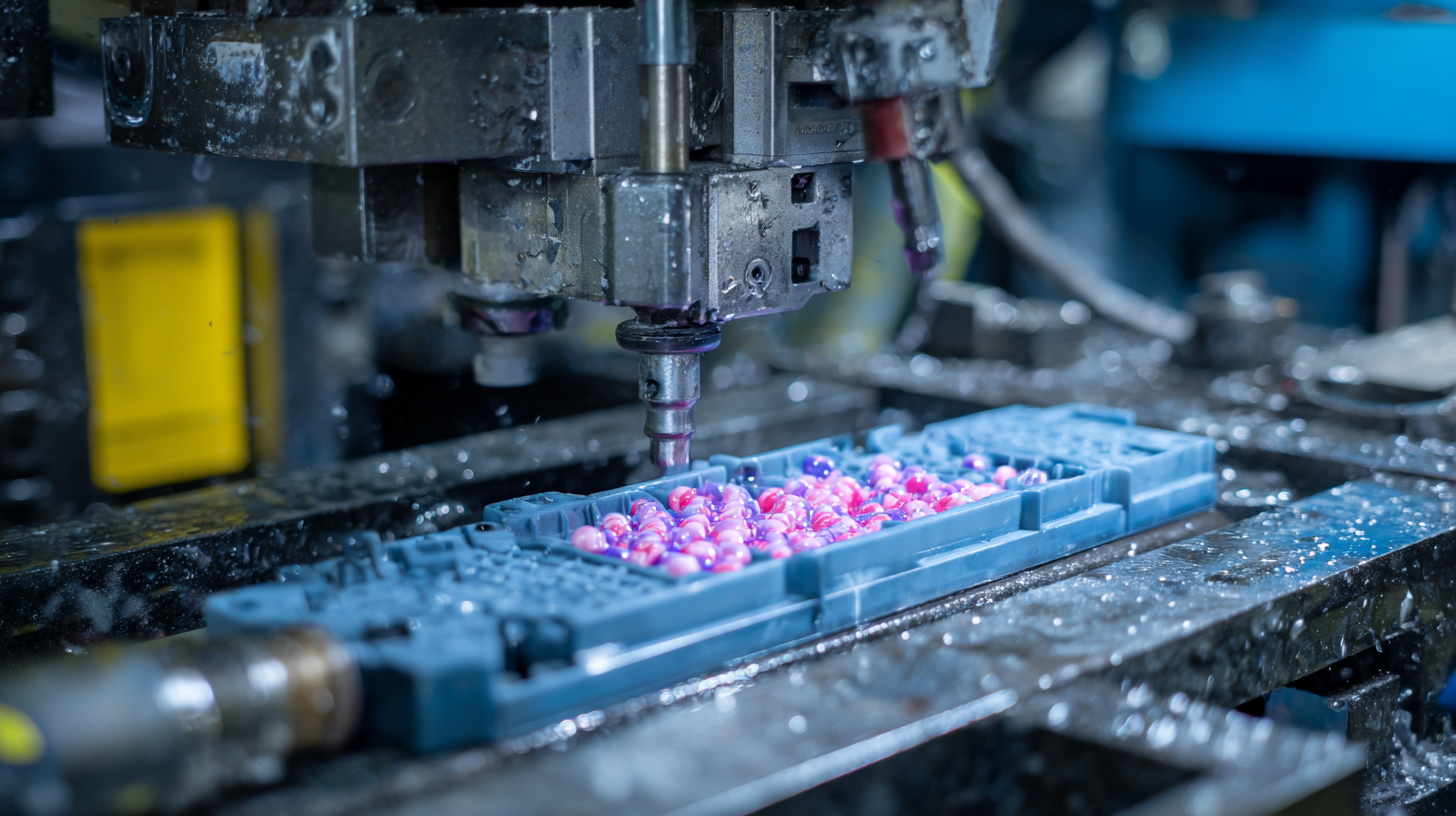
Emerging Trends in Plastic Injection Tooling Technology
Emerging trends in plastic injection tooling technology are prominently shaped by advancements such as 3D printing and all-electric molding machines. The integration of 3D printing into injection mold tooling has extended beyond just conformal cooling applications, allowing for more versatile and efficient mold designs. This innovative approach enhances the speed of production and reduces lead times, paving the way for significant growth in the injection molding market.
Additionally, the shift towards all-electric molding machines reflects the industry's commitment to sustainability and efficiency. With substantial investments in new technology, manufacturers are increasingly adopting these machines to optimize energy consumption and minimize waste. This trend not only aligns with environmental goals but also caters to the growing demand for precision and reliability in plastic injection molding processes. As the market is projected to expand significantly in the coming years, these technological advancements will likely play a crucial role in shaping the future of manufacturing within this sector.
Innovations in Plastic Injection Tooling Technology
Impact of Advanced Materials on Tooling Efficiency
The impact of advanced materials on tooling efficiency is becoming increasingly significant in the realm of plastic injection tooling technology. As industries strive for greater durability and performance, reports suggest that by 2025, over 60% of mining tools will integrate advanced composite materials. These innovations are not only designed to enhance longevity but also to improve the overall efficiency of manufacturing processes. The application of high-performance materials allows for more complex geometries to be produced, which directly contributes to the reduction of waste and energy consumption during production, aligning with sustainability goals.
Moreover, the incorporation of advanced materials in tooling is facilitated by sophisticated software tools and building information modeling (BIM). These technologies enable manufacturers to simulate and analyze material behaviors under various conditions, leading to optimized designs and processes tailored for specific applications. Research indicates that employing genetic algorithms in conjunction with BIM can further streamline the design process, ensuring that tools are efficient, cost-effective, and responsive to environmental changes. As the manufacturing landscape evolves, leveraging the potential of advanced materials will be pivotal in achieving the efficiency and sustainability demanded by modern industries.
Understanding the Future of Manufacturing: Innovations in Plastic Injection Tooling Technology
| Dimension | Metric | Value |
|---|---|---|
| Tooling Material | Common Types | Steel, Aluminum, Advanced Composites |
| Efficiency Increase | Percentage Improvement | 20-30% |
| Production Cycle Time | Average Time (seconds) | 45-55 s |
| Cost Reduction | Percentage Reduction | 15-25% |
| Durability Improvement | Lifespan Enhancement | 50% longer |
| Sustainability Impact | Recyclability Rate | Up to 80% |
Automation and Robotics in Injection Molding Processes
The integration of automation and robotics in injection molding processes is revolutionizing the manufacturing landscape, bringing efficiency, precision, and cost-effectiveness to the forefront. According to a report by MarketsandMarkets, the global injection molding machine market is projected to reach USD 17.78 billion by 2025, with automation playing a critical role in this growth. The adoption of automated systems not only enhances production rates but also minimizes human errors, leading to improved product quality and reduced waste.
Advanced robotics allow for seamless operation in injection molding, enabling machines to perform complex tasks that were previously labor-intensive. For instance, Fanuc's robotic arms are designed to automate material handling, which significantly cuts down cycle times. A study by PwC indicates that incorporating robotics in manufacturing can increase production efficiency by up to 30%. As manufacturers seek to remain competitive, investments in robotic automation are becoming imperative, driving innovation in plastic injection tooling and redefining the capabilities of the industry.
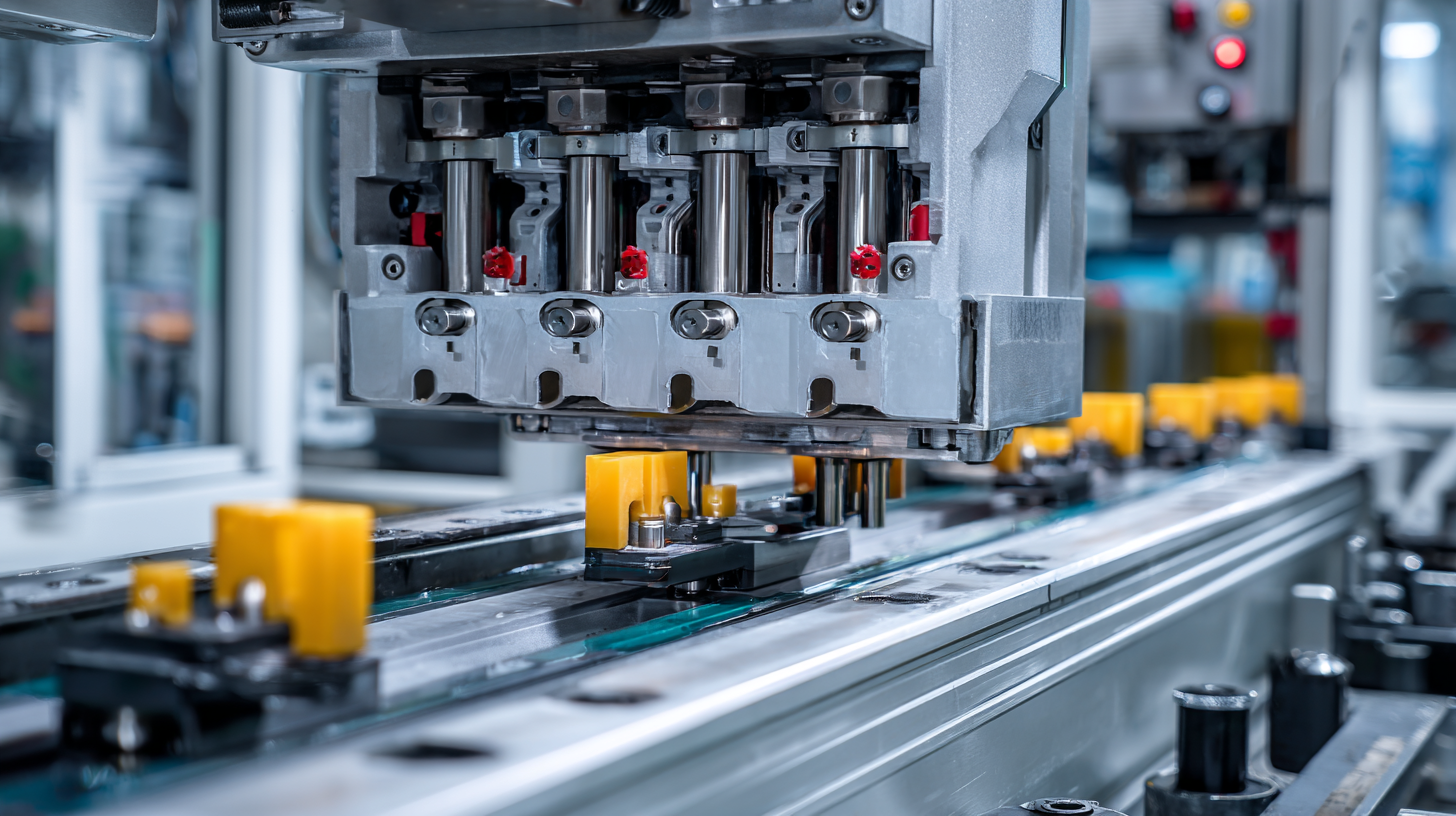
Sustainable Practices in Plastic Injection Tooling
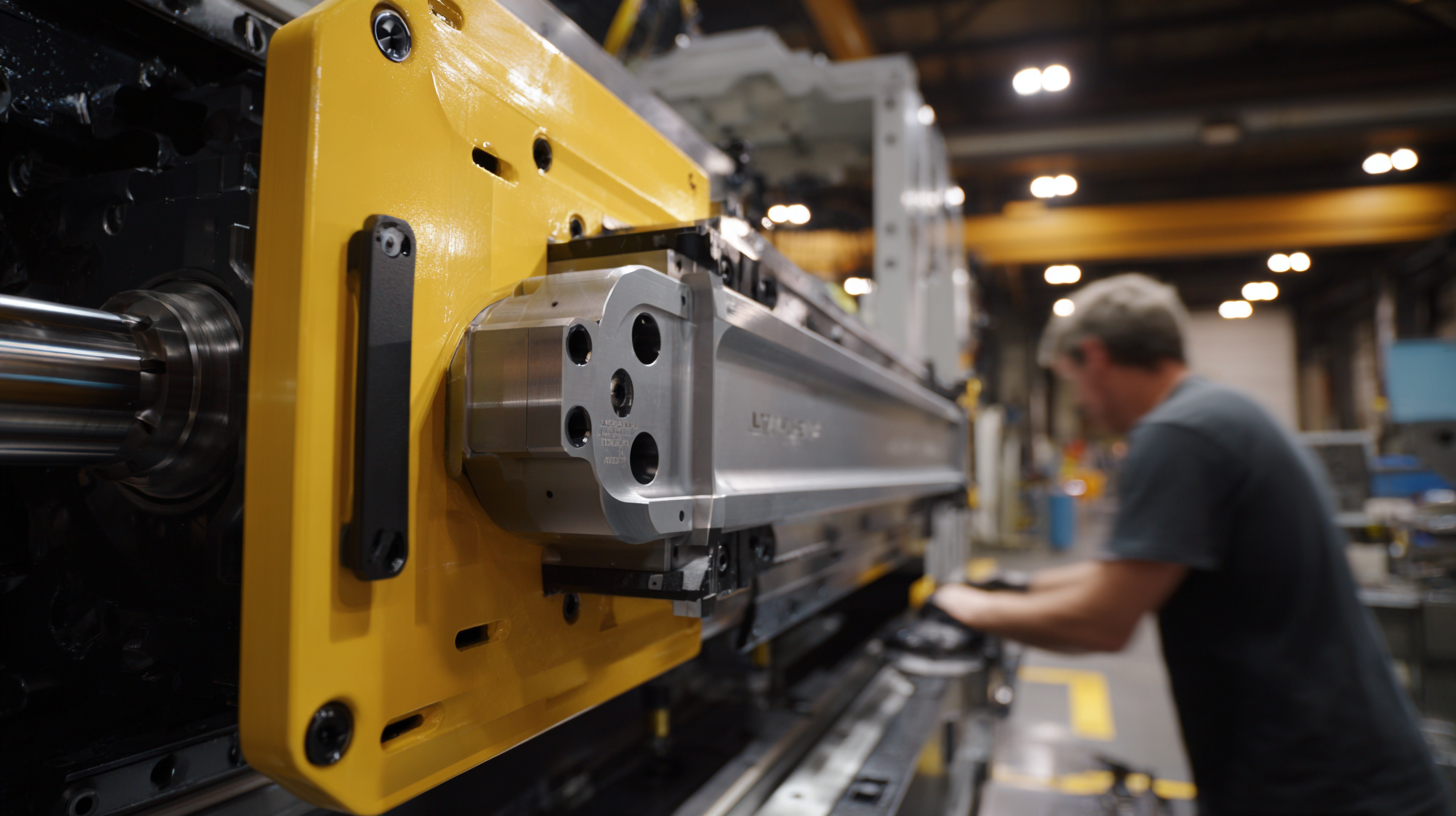 Sustainable practices in plastic injection tooling are becoming increasingly vital as the manufacturing industry seeks to minimize its environmental impact. One significant trend is the use of recycled materials in the manufacturing process. By sourcing recycled plastics, companies not only reduce waste but also conserve energy, as creating new plastic from virgin materials is often energy-intensive. This shift promotes sustainability and appeals to eco-conscious consumers who prioritize environmentally friendly products.
Sustainable practices in plastic injection tooling are becoming increasingly vital as the manufacturing industry seeks to minimize its environmental impact. One significant trend is the use of recycled materials in the manufacturing process. By sourcing recycled plastics, companies not only reduce waste but also conserve energy, as creating new plastic from virgin materials is often energy-intensive. This shift promotes sustainability and appeals to eco-conscious consumers who prioritize environmentally friendly products.
Tips for integrating sustainability into your plastic injection tooling processes include regularly assessing your supply chain for recyclable materials and setting measurable goals to reduce waste. Additionally, investing in energy-efficient machinery can drastically lower your carbon footprint while improving production efficiency. Collaborating with suppliers who share your sustainability values can further enhance your eco-friendly initiatives, ensuring that every component of your manufacturing process aligns with your sustainability goals.
Implementing these strategies can lead to improved public perception and potential cost savings in the long term. By transitioning to sustainable practices, manufacturers can contribute positively to the environment while maintaining competitiveness in an ever-evolving market landscape.
Future Challenges for the Injection Molding Industry
The injection molding industry faces several future challenges that will shape its trajectory in the coming years. One significant challenge is the growing demand for sustainable materials. As environmental concerns intensify, manufacturers must adapt to using biodegradable and recyclable plastics while maintaining production efficiency. This transition requires not only innovation in materials but also a complete overhaul of existing tooling technologies to accommodate new properties and processing techniques.
Another critical challenge lies in the integration of advanced technologies such as automation and artificial intelligence. While these technologies have the potential to optimize production processes, they also require substantial investment and skilled personnel to implement effectively. Companies need to strike a balance between embracing these innovations and managing the cost implications associated with upgrading machinery and skill sets. As the industry evolves, staying ahead of these challenges will be essential for manufacturers to remain competitive and responsive to market demands.
Related Posts
-

Exploring the Differences Between Plastic Injection Molding and Other Manufacturing Processes
-
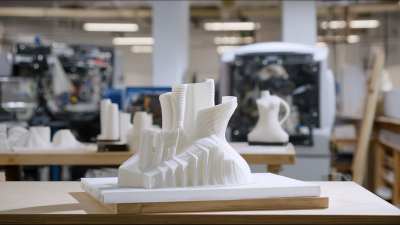
How to Master the Art of Plastic Casting for Innovative Product Design
-
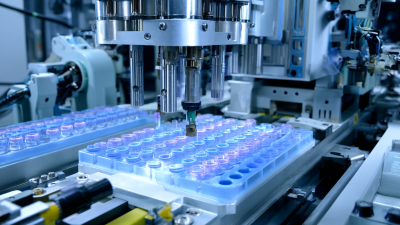
Mastering the Essentials of Plastic Injection Molding Die Design and Production Guide
-

How to Choose the Right Die Cast Mold for Your Manufacturing Needs
-

How to Optimize Your Die Mold Production Process for Maximum Efficiency
-
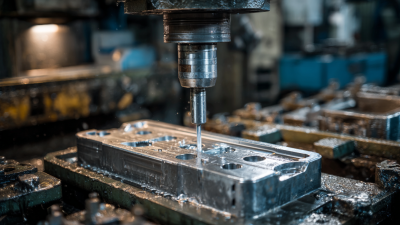
Ultimate Guide to Mastering Die Casting Techniques for Your Business Success
Copyright © 2025 · All Rights Reserved · Franchino Mold & Engineering
